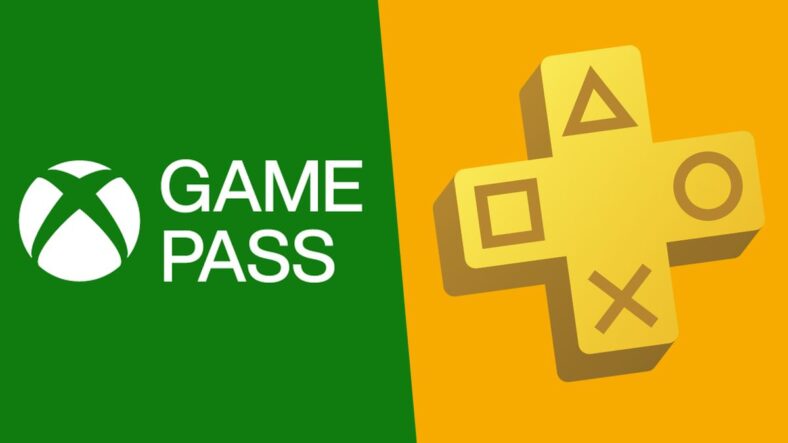Australia believes that it has found a solution to restrict access to adult content for minors. The government has proposed to use facial recognition to confirm the age of Internet users before letting them watch pornography or bet online, according to reports yesterday from the Engadget website and the Sydney Morning Herald.
“The Ministry of the Interior is currently developing a verification service, the Face Verification Service, which would associate a person’s photo with one of its official identification documents to prove its identity,” the government agency wrote. in a submission to Parliament (New Window) . “It could help with age verification, for example to prevent a minor from using a parent’s driver’s license to bypass the controls in place.”
A method that has not passed the test in the UK
This suggestion comes some time after the United Kingdom has completely failed to put such a step in place. Indeed, it was learned last October 16 that the government of Boris Johnson had abandoned a similar bill. Among the methods proposed to achieve these ends, the government also considered facial recognition to guess the age of a user from his biometric data.
The thorny issue of privacy
Australia is now facing the same issues that have pushed the UK to drop its bill, including the technical challenges of virtual private networks (VPNs) when you want to block anything on the Internet. Moreover, the proposed method would essentially be to establish a registry of pornography consumers, which raises thorny questions about the protection of their privacy.
To enforce the law, Australia would use a new facial recognition program that would be accessible to banks, government agencies, Internet providers and other businesses. According to Engadget, this could become a nightmare in terms of privacy, in addition to creating attractive conditions for hackers.
The government believes, however, that the method could work; other countries like Italy and Denmark have successfully created an age verification system for online betting. A group of adult industry lobbyists instead suggested that Internet providers improve parental controls to allow parents to filter more sites. However, there are a thousand and one applications that allow users to bypass blocking mechanisms.
Mary Anderson is a tech reporter for Freeze Wall. Mary has previously worked for Android Athority, Yahoo, PCWorld, and VentureBeat covering countless stories concerning all things related to tech and science. Mary studied at the New Jersey Institute of Technology.






